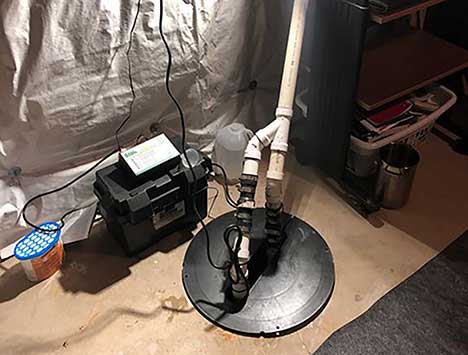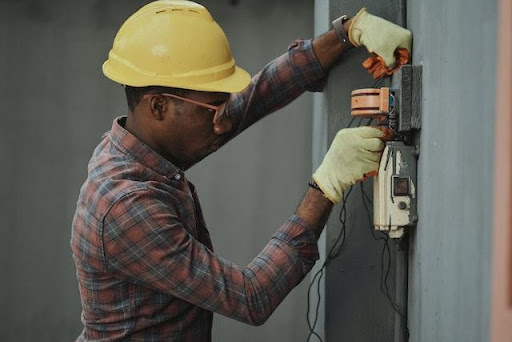Wondering how to extend the life of your sump pump? Sump pumps are a lifesaver for homes where flooding is an ever-present threat. According to Howzer Management they relieve the homeowner of the need to constantly watch their home to protect it from flooding and water damage. That is because sump pumps do their work without requiring any form of action by the owner.
Yet despite this, it is not uncommon for homeowners to wake up in the middle of the night and find themselves standing in inches of floodwater in their basement due to sump pump failure. Incidents like this happen when a sump pump somehow malfunctions, but the owner is unaware of it until flooding occurs.
Even though they have a self-starting mechanism that allows them automatically detect water in the home’s basement and remove it, sump pumps still need to be cared for. The homeowner’s failure to recognize this fact often results in unpleasant surprises with a sump pump.
Sump pump failures are an entirely avoidable problem. The steps needed to keep the sump pump in your home operational do not take time or cost more money. Proper sump pump maintenance will save you money by prolonging the life of your sump pump.
How to extend the life of your sump pump
Correct installation of the sump pump
From the outset, the longevity and overall efficiency of your sump pump are predetermined by the expertise of the person who installed it. A sump pump system depends on a variety of factors to work properly. Some of the components of the system include a sump basin, discharge pipe with valves, vent systems and the pump itself. Errors in the installation of the individual components can impair the function of the sump pump and shorten its life.
Use the right working voltage
The sump pump is more likely to fail if the working voltage is unstable or outside its specified range. All sump pumps have a rated voltage with an allowance of plus or minus 10% of that working range. If a pump is connected to voltage outside the recommended range, it will not work optimally and may even burn. That is particularly important when using generators with a sump pump.
Cleaning the sump pump
Before it enters the sump pump system, floodwater often flows over bare soil, picking up so much debris. The result is that the water is loaded with sediments and other impurities when it finally reaches the sump basin. These materials are either deposited at the bottom of the sump basin or inside the sump pump itself. If you do not clean the basin and pump, this dirt will impede the sump pump’s function or even cause it to break down.
Make sure the pump is level
Another common reason for premature sump pump failure is when a pump is off-kilter. The first reason why this happens is when the sump pit is not level, perhaps because the basin was not constructed by an expert. The second reason is when the pump is moved out of place by its vibrations. If the sump pump doesn’t sit level, its float arm may not work as it should. Always maintain your sump pump level to keep the float arm from getting jammed.
Avoid overloading the sump pump
The capacity of a sump pump should be carefully matched to the volume of water that typically enters the basement. If the motor is forced to pump more water than it is designed to, especially during the wet season when floods are heavy and frequent, it can overwork and break down. If the flooding issues in a basement are severe, more than one pump may be needed.
Clean the discharge lines
A sump pump is effective to the extent that its discharge lines are clear. If the discharge lines are clogged or frozen, the water coming from the sump pump will have nowhere to go. To protect your sump pump, it is vital to make sure rodents do not make their home inside the pipes. Remove any debris inside the discharge line. In winter, the pipes should not be allowed to freeze as it may cause a burst pipe emergency.
Test the pump
Testing a sump pump is very easy. All that’s needed is to pour so much water into the sump basin until the float rises and activates the pump. When doing this, watch the float to ensure its movement is unimpeded. Listen to the sound of the motor to see that it is working smoothly. Also, check the discharge valve to be sure there is no backflow.
Finally, to tie the above tips together, you need to inspect or replace your sump pump on a schedule. This simple step will let you catch budding problems before they become emergencies. If unsure how to inspect the sump pump, you may want to hire a local plumber.


